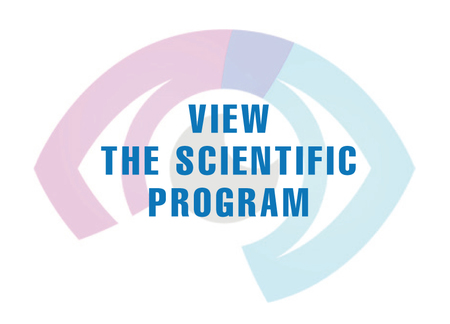
Naushad Khan
Department of Biotechnology, New Delhi
Title: Genome Sequencing and Molecular Characterization of Chikungunya Virus from Human Cases in North India
Biography
Biography: Naushad Khan
Abstract
Chikungunya virus (CHIKV) an arthropod-borne alphavirus is responsible for the emerging disease chikungunya fever. Chikungunya symptoms show fever, joint pain, nausea, muscle pain, and rash. Arthralgia is a major symptom of this disease and some patients recover early while others suffer for a very long time. To describe CHIKV genetic diversity and the clinical outcome from suspected patients attended at a Jamia Hamdard Institute of Medical Sciences (JHIMS) hospital in New Delhi (North India) from 2016.Whole genome sequences (WGS) of CHIKV have carried out three RT-PCR positive samples and assessed by phylogenetic analysis, in silico study for comparison of physiological properties of CHIKV proteins, antigenicity and B cell epitope prediction. WGS of three CHIKV and comparison to S27 East/Central/South African (ECSA) strain of CHIKV are reported here. Of the 325 subjects, 118 (36.30%) were recorded positive by either RT-PCR or IgM ELISA. Clinical features of CHIKV of rash 47 (39.83%), joint pain 78 (66.10%), joint swelling 61 (51.69%) and some other symptoms such as headache, vomiting, etc. Analysis of WGS showed the maximum number of mutations in a structural gene compared to the nonstructural gene. The study gives special importance for continuous surveillance of disease burden using multiple diagnostic tests, characterization, changes in vector-pathogen similarity and interaction of host-pathogen for development of suitable vaccine candidate and antivirals.

